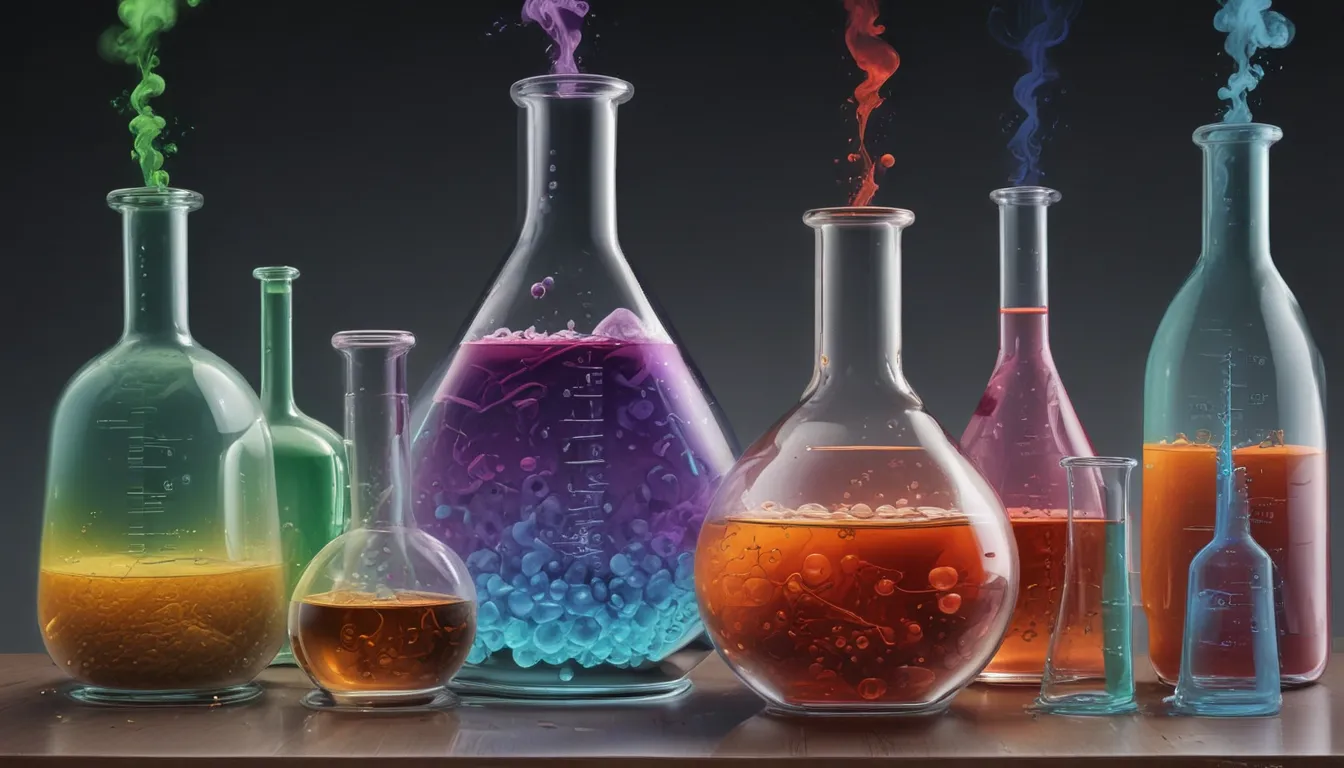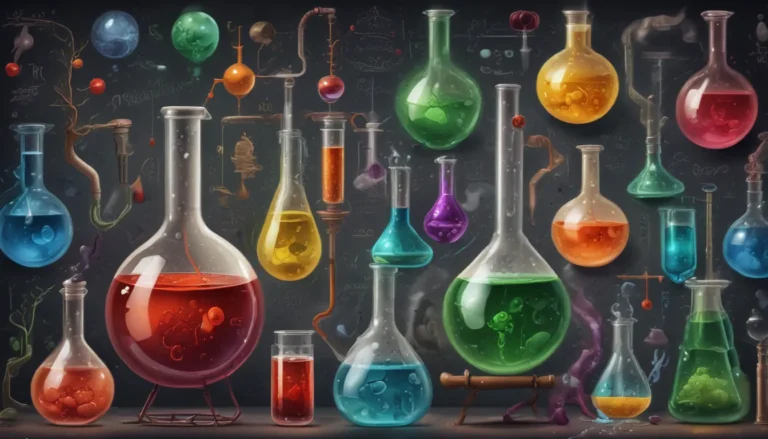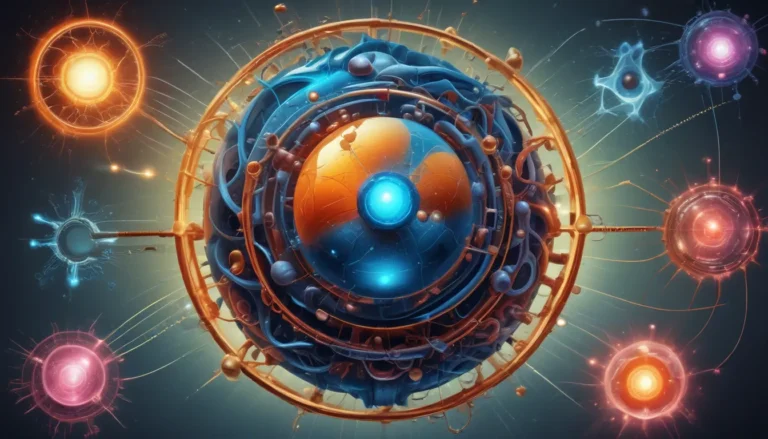A Note About Images: The images used in our articles are for illustration purposes only and may not exactly match the content. They are meant to engage readers, but the text should be relied upon for accurate information.
If you’ve ever been intrigued by the wonders of chemistry, addition reactions are a key concept that unlocks a world of chemical transformations. Whether you’re a chemistry enthusiast or a professional in the field, understanding addition reactions is essential to grasping the fundamental processes that govern chemical reactions.
The Basics of Addition Reactions
- Combining Substances: Addition reactions involve the combination of two or more substances to create a new compound, altering the properties and reactivity of compounds.
- Organic Chemistry: Addition reactions are commonly observed in organic chemistry, where they play a crucial role in synthesizing new organic compounds and creating complex molecular structures.
The Classification of Addition Reactions
- Electrophilic vs. Nucleophilic: Addition reactions can be classified as electrophilic or nucleophilic, depending on the type of reactions involved.
- Functional Groups Formation: Addition reactions often result in the formation of new functional groups within a compound, influencing its behavior.
The Influence of Reaction Conditions
- Reaction Variables: Addition reactions are highly influenced by reaction conditions such as temperature, pressure, solvent, and catalysts.
- Polymerization Processes: Addition reactions play a crucial role in polymerization processes, leading to the creation of materials like plastics and synthetic fibers.
The Reversibility of Addition Reactions
- Reversible vs. Irreversible: Addition reactions can be reversible or irreversible, depending on the stability of the products formed.
- Mechanisms of Addition: Addition reactions can occur through various mechanisms, each with distinct steps and outcomes.
The Stereoselectivity of Addition Reactions
- Formation of Stereoisomers: Addition reactions often exhibit stereoselectivity, resulting in the formation of specific stereoisomers based on reaction conditions.
- Application in Pharmaceuticals: Addition reactions are essential in the synthesis of pharmaceuticals and agrochemicals, enabling chemists to fine-tune properties for desired biological activities.
Exploring the remarkable world of addition reactions reveals their significance in shaping the field of chemistry. Whether it’s the creation of new functional groups, synthesizing complex organic compounds, or producing polymers, addition reactions are at the core of chemical synthesis.
In conclusion, addition reactions are a cornerstone of modern chemistry, offering a deeper understanding of chemical transformations. By delving into the extraordinary facts about addition reactions, you can appreciate the intricate processes that drive scientific exploration and innovation.
Frequently Asked Questions
- What is an addition reaction? An addition reaction is a chemical process where two or more substances combine to form a new compound.
- What are some examples of addition reactions? Examples include the reaction of hydrogen gas with chlorine gas to form hydrogen chloride.
- Why are addition reactions important? Addition reactions play a vital role in organic chemistry, pharmaceuticals, and polymer synthesis.
- Are all addition reactions reversible? No, not all addition reactions are reversible.
- How are addition reactions different from substitution reactions? Addition reactions combine substances to form a new compound, while substitution reactions involve replacing atoms or groups.
Embark on a journey of discovery into the fascinating world of chemistry. Dive into the astonishing facts about alkenes, explore captivating insights into organic chemistry, and uncover unbelievable truths about reaction mechanisms. Each topic offers a unique perspective on the chemical processes that shape our world.
At the heart of our commitment to delivering trustworthy and engaging content is a dedication to accuracy and authenticity. Trust in our commitment to quality as you explore the wonders of chemistry and expand your knowledge with engaging articles that showcase the marvels of chemical processes.






